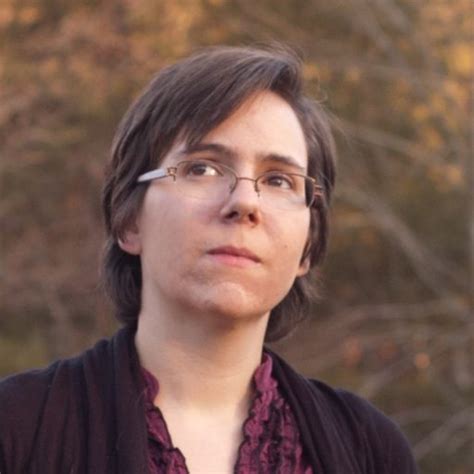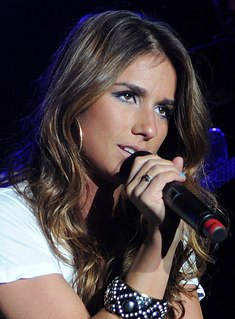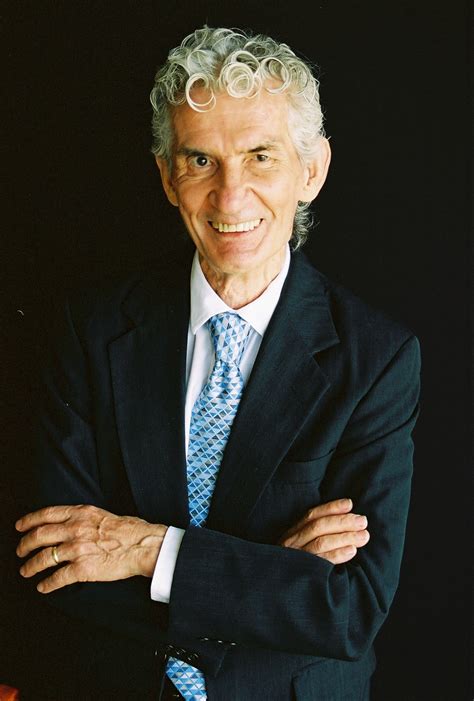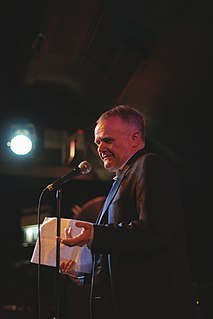A Quote by Amelia Atwater-Rhodes
Ever hear the expression "write what you know?" My version says "write what you want to know." If you want to know about the history of Spain, write about the history of Spain - fiction or nonfiction. If your fascinated by the old west, maybe your character lives there.
Related Quotes
I write about the power of trying, because I want to be okay with failing. I write about generosity because I battle selfishness. I write about joy because I know sorrow. I write about faith because I almost lost mine, and I know what it is to be broken and in need of redemption. I write about gratitude because I am thankful - for all of it.
I write fiction longhand. That's not so much about rejecting technology as being unable to write fiction on a computer for some reason. I don't think I would write it on a typewriter either. I write in a very blind gut instinctive way. It just doesn't feel right. There's a physical connection. And then in nonfiction that's not the case at all. I can't even imagine writing nonfiction by hand.


































